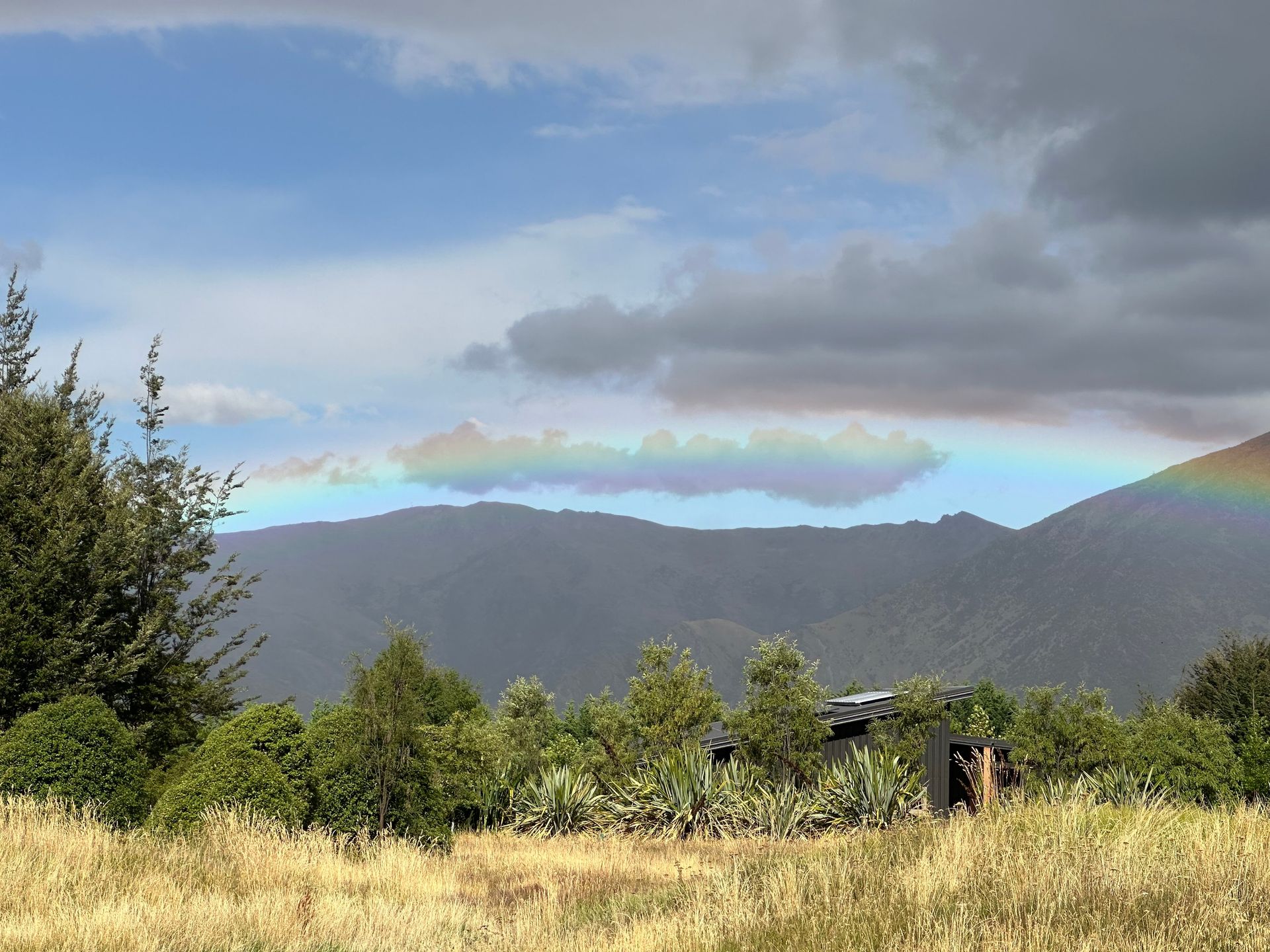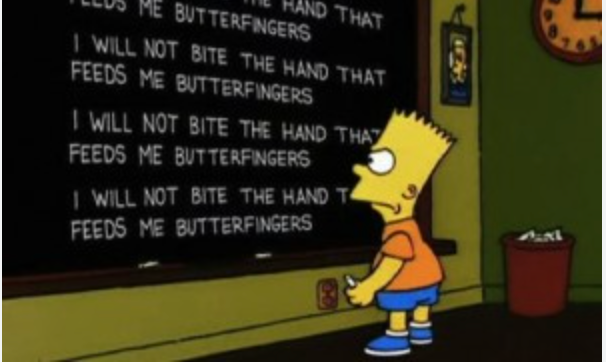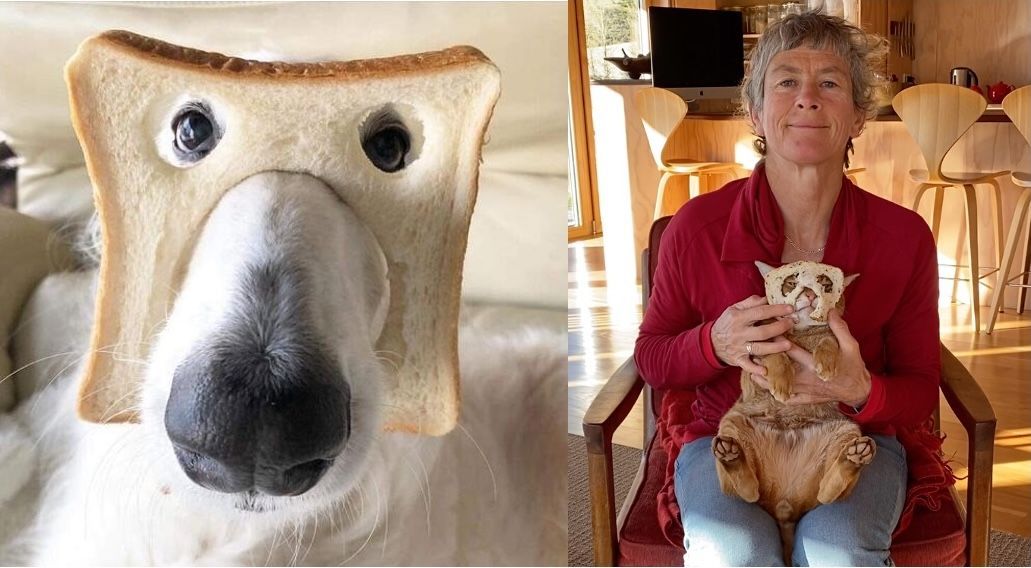The Hand that Feeds You

Tourists are back in Queenstown in force. The statistics announce we have more visitors flying in than in 2019 i.e. pre-COVID (how much of life divides itself across pre-COVID and post-COVID). Tourists are everywhere – a large bus load of tourists walking in line fills the Arrowtown track I'm walking on, campervans cruise our road looking for somewhere to park for the night (even though a sign says they can't), the centre of Queenstown is a driving and parking maelstrom, biking tracks are closed weekend days so events can be run on them.
I call the return of tourists our next state of emergency – I have previously written about downsides of tourism in Tourism Saves the Economy, or Not – a Rant and Tourism & Colonialism. During the COVID emergency, there was much rhetoric about the need for a tourism 'reset'. "We need to focus on high value tourists," government said and appeared to mean 'big paying tourists' rather than backpackers. If money is what you want to focus on, the best tourists would be high-margin tourists but this concept seems to escape policy makers, councillors and the tourism industry. To be fair, it is very difficult to focus on high-margin tourists – you can’t focus on niche, high-margin products because niche and high-margin only exist in relation to commodity product (our dairy industry suffers from the same challenge). However, the concept should still be understandable.
Government's ‘high-value’ tourist argument was loosely coupled with an argument for lower tourist numbers as part of the reset – if you have ‘higher value’ tourists you can theoretically have fewer of them for the same amount of money (or the same number of tourists for more money). Any mechanism for limiting tourist numbers never got beyond the odd comment, there was no strategy proposed and no method forthcoming.
The only country I know which limits tourist numbers is Bhutan (there are also a few specific locations, like the Galapagos, Macchu Piccu, Beijing's Forbidden City). Bhutan often gets referred to as a place that manages tourists well, along with having a 'National Happiness Index' to go with their Gross Domestic Product numerics. The number of Bhutanese tourists is capped at 200,000 a year. Bhutan also requires everyone coming to the country to pay USD200 per day – compared to a measly $35 dollars per visit to New Zealand – as a fee that goes directly to the government – you have to cover the costs of your trip on top of the USD200. In addition, tourists have their entire trip run by a local tourism company to manage impacts on locations they visit.
I posit our country's interest in Bhutan’s tourism, or happiness, policies and practices is superficial. It's like seeing a good-looking guy walk by the café where you are drinking your latté then watching his muscular torso in a tight t-shirt wander down the street, knowing you’ll never likely see him again, let alone talk with him.
I was having the too-many-tourists conversation with one of our neighbours, while giving her a lift home from Queenstown. Our neighbour and her husband bought their house as a holiday home but are now seriously considering living in Gibbston rather than Wellington (I’m surprised it took a whole two summers for them to figure that one out, having experienced Wellington weather for four years). When I told our neighbour I'm beyond over the negative impacts of the tourist industry on our society and community, she said, “You shouldn’t bite the hand that feeds you.”
Her comment jarred but I had to distil why. I finally realised I don't think the hand that feeds me is the tourist. We don't need tourists to make the Queenstown Lakes District function so people can live here – we don't need hotels, we don't need adventure activities, we can do without large numbers of restaurants or cafes, we only need one supermarket. We don't need tourists creating large numbers of minimum wage jobs which New Zealanders don't want to fill.
What we do need are the people who fill very necessary roles – the supermarket checkout operator selling us food, the vet nurse caring for our cat, our hairdresser, the diesel mechanic fixing our car, the couple who run the open mic for singer-songwriters (okay, maybe that one doesn't sound so essential but it's what's important to me). How quickly we have forgotten the 'essential worker' aspect of COVID-life when we were constantly reminded to be thankful for the people who had to go to work so we could stay home and be safe.
These essential and low paid workers are the people are who are struggling to survive in Queenstown Lakes. They can't afford to buy houses and have to pay exorbitant rentals for places that might be sold from under them to be used as an AirBnB because AirBnB is far more lucrative than long term rentals. The essential workers are struggling to buy good quality food – fresh food is at a premium in the district, theoretically because we are a long way from easy growing climates. We are certainly not feeding the hand that feeds us. Perhaps we aren't biting that hand – we are cutting off the hand's blood flow until it withers and dies and then we will wonder with surprise where it has gone.







